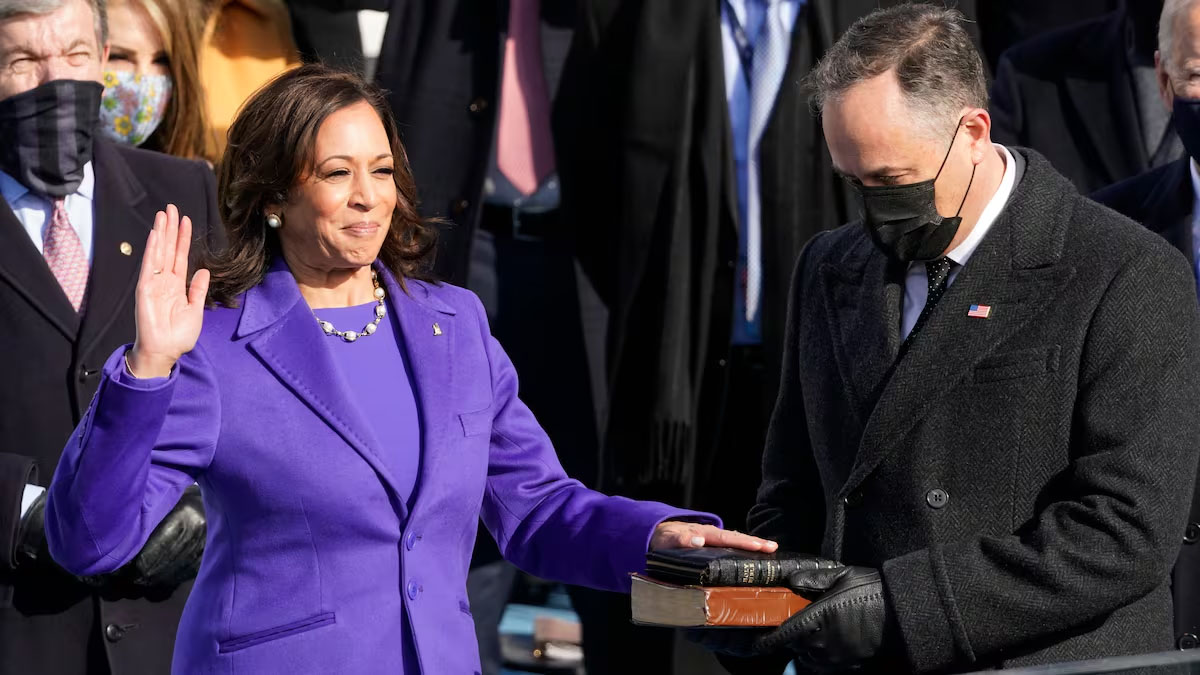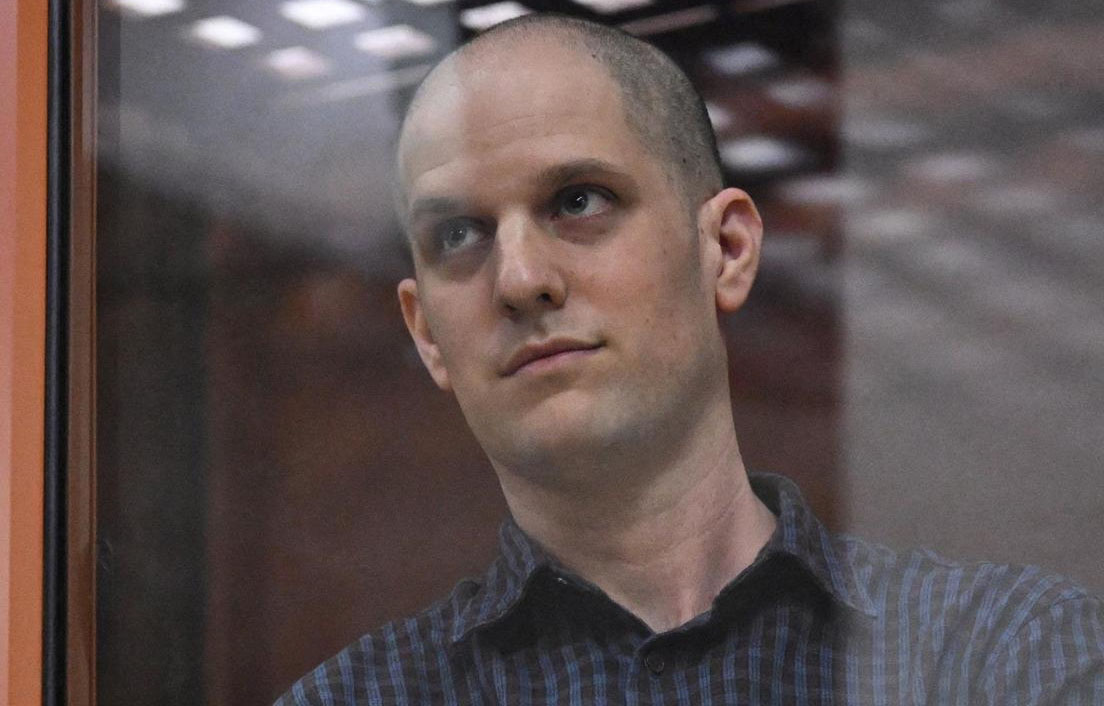
Photo Credit:Epv
In a stunning development that has upended the 2024 presidential race, President Joe Biden announced on July 21, 2024 that he will not seek
re-election and has endorsed Vice President Kamala Harris as the Democratic nominee.
Biden's decision comes after weeks of mounting pressure from within the Democratic party over concerns about his age and ability to defeat former President Donald Trump in November. In a letter posted to his official X account, Biden wrote: "It has been the greatest honor of my life to serve as your President. And while it has been my intention to seek reelection, I believe it is in the best interest of my party andthe country for me to stand down."
The 81-year-old president had been facing an erosion of support following a poor debate performance on June 27, which brought longstanding concerns about his mental acuity to the forefront. Rep. Lloyd Doggett of Texas became the first Democratic member of Congress to call for Biden to drop out on July 2, with dozens more following suit in the ensuing weeks.
Biden initially resisted calls to end his campaign, telling ABC News on July 5 that only "the Lord Almighty" could convince him to drop out. However, as defections from his base continued to mount, the president became more open to the idea. A senior Democratic adviser told CNN that Biden had gone from saying "Kamala can't win" to asking "Do you think Kamala can win?"
In endorsing Harris, Biden praised her as his "best decision" as the 2020 nominee and urged Democrats to unite behind her candidacy. Harris, 59, would be the first woman and person of color to lead a major party ticket if nominated.
Biden's departure marks the conclusion of a political career spanning 50 years. He entered the Senate in 1973 as one of its youngest members in history and will leave office in January 2025 as the oldest U.S. president. His decision not to seek re-election is the first such move by a sitting president in decades, drawing comparisons to Lyndon Johnson's withdrawal in 1968.
The dramatic shift in the race comes as Trump, the presumptive Republican nominee, faces his own unprecedented challenges, including an
assassination attempt on July 13. With Biden's exit, Democrats now face the daunting task of coalescing around a new standard-bearer just months
before Election Day.
As the nation processes this political earthquake, Biden has announced he will address the country later this week to further explain his decision and vision for the remainder of his term. All eyes now turn to Vice President Harris as she steps into the spotlight as the Democrats' likely new nominee for 2024.

























